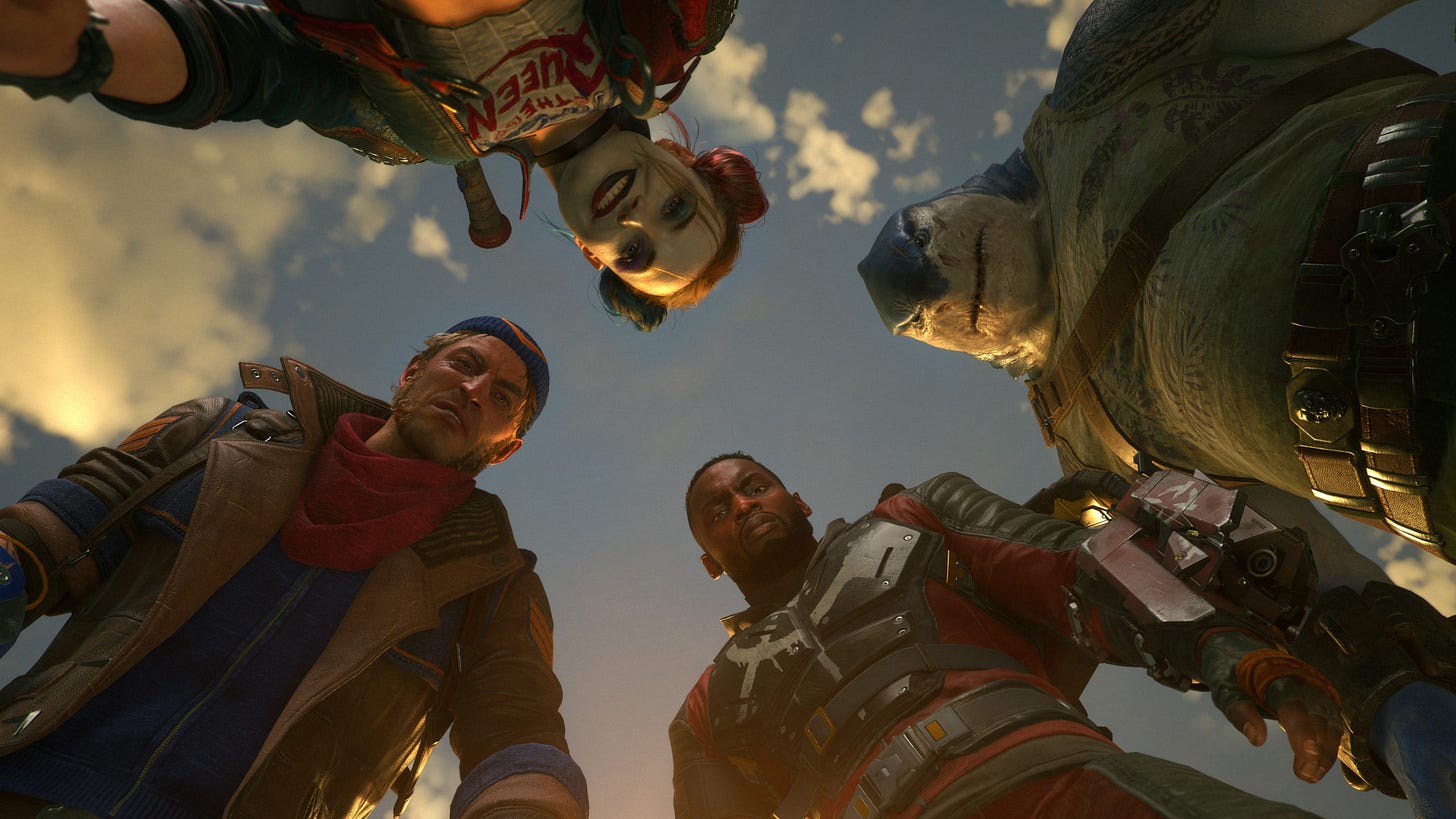Valve lets off a little steam through reminding consumers they are renting a license, not buying a game
What a difference a phrase makes.
In the afterglow of Dragon Ball’s latest spark, in concert with Metaphor: ReFantazio breaking developer Atlus’ record for their biggest Steam launch yet, the Japanese gaming industry continues to prove their resolve against the consternations of their Western kin. However, if you are a countryman hoping to exhibit a sense of pride through a purchase, you must set aside two qualms at once:
An entry price of ¥8,910 and ¥9,878, and
A direct acknolwedgement from Valve that you would not own either of these titles in perpetuity.
Granted, if you have previously parsed the terms of and conditions of their platform agreement (thoroughly, as we all have), this would be an unfortunate, solemn reminder reminder that the playground will not be open through all seasons. Nevertheless, this foregrounding of a concession on the consumer’s behalf reflects a greater trend influencing the relationship between hardware and software in kind. Whereas Good Old Games - CD Projekt’s hermetic collection of games that are owned outright on purchase - strives to break the shackles of DRM, Conversely, Steam forces players to verify their purchase via the world wide web, accomodating for the publisher’s desire to chronicle an an active playerbase; this determines the fate of their commercial vigour and community ire. Consequently, when the biggest titles are sent to market, GOG is initially skipped over in favour of Steam and the Fortnite Games Store - the latter, furthermore, offers more direct manners of profitability for publishers. Later, publishers may give GOG their blessing to give their aged titles a second, perhaps third wind.
Steam skims 30% of revenue generated from titles; Epic takes a comparably nominal 12%. However, the former yields 132 million active users per month; the latter 75 million. Epic’s revenue model, however, does not bear guaranteed profit: Alan Wake 2, a critically acclaimed title from a cult darling studio in Remedy, has yet to turn a profit, instead recouping its marketing and development expenses. Most damingly, Remedy CEO Tero Virtala - not Max Payne - had a “high average price” of purchase for its 1.3 million sales to May 2024. Thus, with the help of mathematics, let’s break down this model using the highest possible price:
Alan Wake 2 retails for $69.99 USD; Epic Games takes 12% of that tally,
Thus, Remedy receive $61.59 from the consumer -
$61.59 x 1,300,000 = $80,067,000
This is a raw estimation, not accounting for sales by platform or currency, nor Remedy’s own metric of Euros - this would make for €73,129,194.45. Again, this is from the greatest price point feasible. Would Steam’s additional support raise this tally? Given that the game was supported and published by Epic, its existence is owed to the platform itself. As the game is a stunning creative success, I would say it was worth every Euro - and an operating loss of €2.1 million in their first quarter of 2024.
Evidently, given a choice between Steam and Epic Games, the consumer will choose Epic. Consequently, if they have no choice but Epic, they will not buy the game at all. Ubisoft’s flailing Star Wars: Outlaws will migrate to Steam a mere three months from its Epic debut; Valve’s conversation with Ubisoft on their share after letting the game onto the store likely went as follows.
Thus, given the necessity of DRM to delay the inevitable cracks in their distribution (excluding games-as-a-service, or games with niche interest) major publishers will settle upon one side of the affirmed duopoly - at the price of the consumer’s volition. Nevertheless, Denuvo, for instance, the boogeyman that haunted Resident Evil: Village and charges publishers $25,000 a month, can be perceived as a helping of ice to a flat Starbucks cold-brew. A stream of legitimate purchases raise confidence in the health of a company, making their players effective means of accounting.
Suicide Squad: Kill the Justice League could have skipped on Denuvo - no one would bother to crack it, anyway.
Ultimately, if you are a devout PC partisan or the proud owner of a digital-only home console, you have resigned yourself to the slow, yet swift march of expiration. However, why concern yourself with ownership? You are most likely not a pharaoh; Spider-Man Remastered will not be entombed in your pyramid after when you pass. Regardless, it is frustrating to lose a game you exchanged currency for - especially after settling on the exorbitant ends of transaction.



